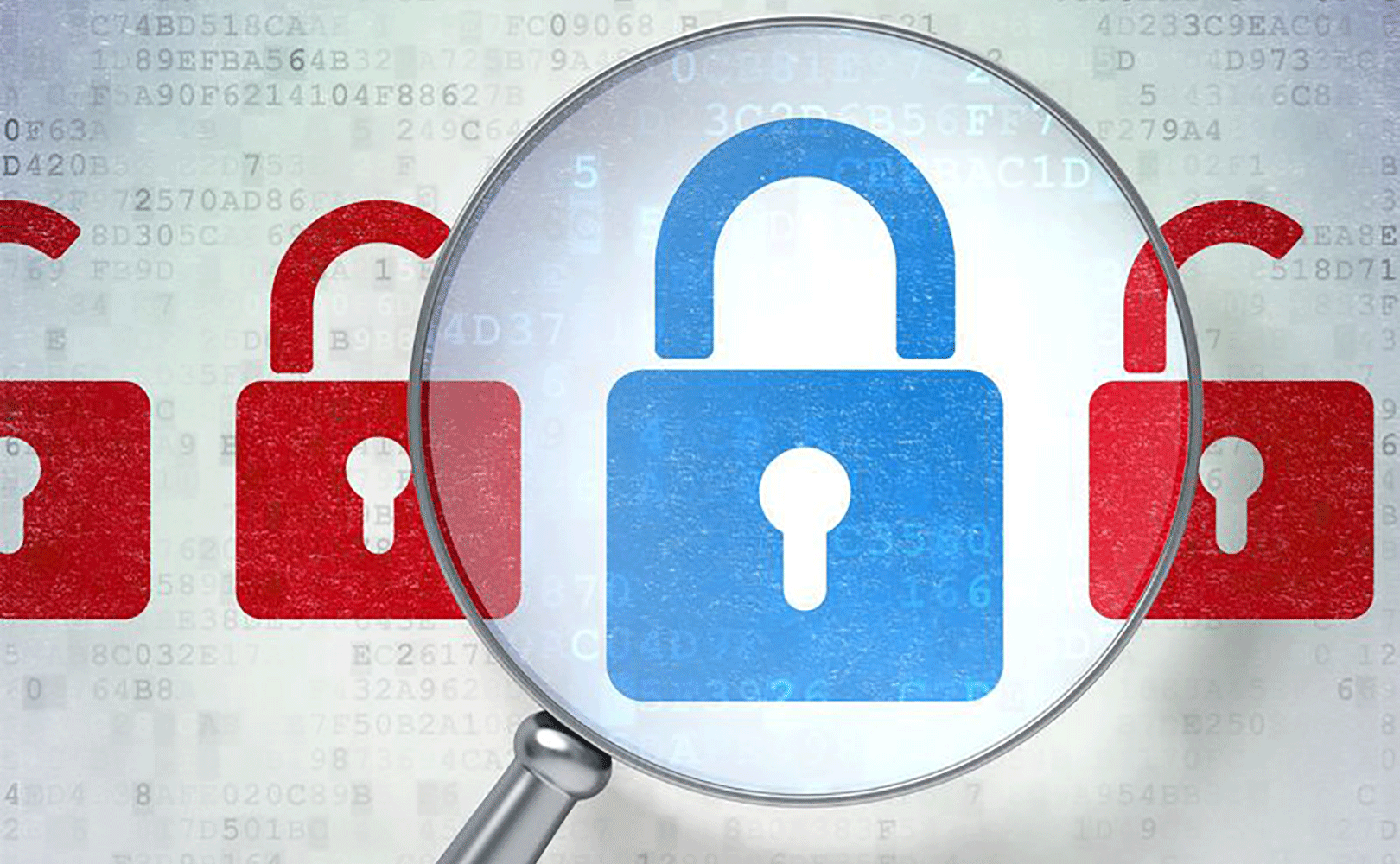Cybersecurity Awareness Month – observed every October – was created as a collaborative effort between government and business to ensure every American has the resources they need to stay safer and more secure online. As part of this annual campaign, we want to share some tips and best practices to ensure you’re doing everything you can to secure your personally identifiable information online.
Keeping you and your family’s personally identifiable information safe boils down to a simple concept known as layered defense. No single action is going to keep your digital presence secure. Instead, a set of cumulative activities will reduce your risks while increasing your cyber defenses. Reviewing and implementing the following cybersecurity best practices will go a long way to keep you safe online.
- Always use Two-Factor Authentication. Although it is sometimes a hassle, using two-factor authentication is one of the most effective tools available to increase your cybersecurity. Turn on two-factor authentication via your online browser, for all your financial websites, and any other location where it’s available.
- Avoid Phishing scams – beware of suspicious emails. Phishing scams are a constant threat – using various social engineering ploys, cyber-criminals will attempt to trick you into divulging personal information such as your login ID and password, banking, or credit card information. Phishing scams can be carried out by phone, text, or via social networking sites – but most commonly by email. Be suspicious of any official-looking email message or phone call that asks for personal or financial information or to click a link. Never send financial account information over email.
- Practice good password management. We all have too many passwords to manage – and it’s easy to take short-cuts, like reusing the same password. A password manager can help you maintain strong, unique passwords for all your accounts. These programs can generate strong passwords for you, enter credentials automatically, and remind you to update your passwords periodically. Use this link to access a list of reputable password managers. Our firm has experience using both LastPass and RoboForm and found them both to be excellent products.
- Install antivirus/anti-malware protection, turn on your firewall. Only install these programs from a known and trusted source (e.g., Norton, McAfee). Keep virus definitions, engines, and software up to date to ensure your programs remain effective. Check to see your computer firewall is turned on and set it to a high level of security.
There is always more you can do to secure your personally identifiable information; however, by implementing the above cybersecurity best practices, you’ll dramatically increase your online defenses. Beyond taking any single action, it’s critical to build a habit of digital security awareness. This month, take some time to talk with your family about cybersecurity and think about how your data is stored, transmitted, and used. Be skeptical online, trust but verify, and build a layered defense.

